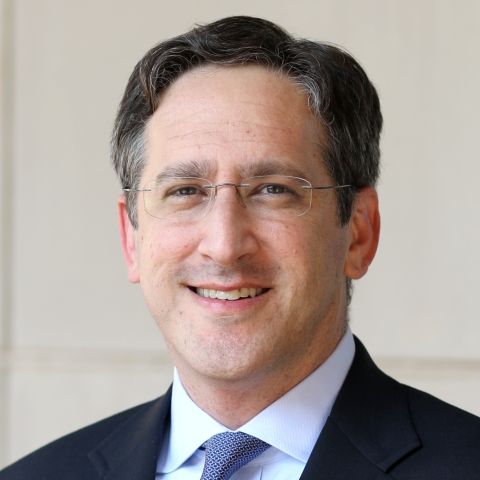

Publisher
Slate.com
Date
2022-6-22
One of the notable trends in the current Supreme Court’s religion jurisprudence is the shrinking of the establishment clause as the free exercise clause grows ever more robust. The former prohibits the government from sponsoring a religion, while the latter protects individuals’ right to exercise their religion as they see fit. As Justice Sonia Sotomayor put it Tuesday, dissenting in a case requiring Maine to funnel taxpayer dollars toward religious education: “What a difference five years makes. In 2017, I feared that the Court was ‘lead[ing] us … to a place where separation of church and state is a constitutional slogan, not a constitutional commitment.’ Today, the Court leads us to a place where separation of church and state becomes a constitutional violation.”
But as new protections for religious liberty are allowed to swallow up other freedoms, the vexing question of religious liberty for whom is never fully addressed. After a series of recent cases in which the Supreme Court appeared to privilege the religious freedoms of Christian death row inmates, some efforts were made to ensure that adherents of any faith would be able to claim protection under the court’s ample new views on religious freedom.
Citation
Dahlia Lithwick & Micah J. Schwartzman, Is the Religious Liberty Tent Big Enough to Include the Religious Commitments of Jews?, Slate.com (June 22, 2022).